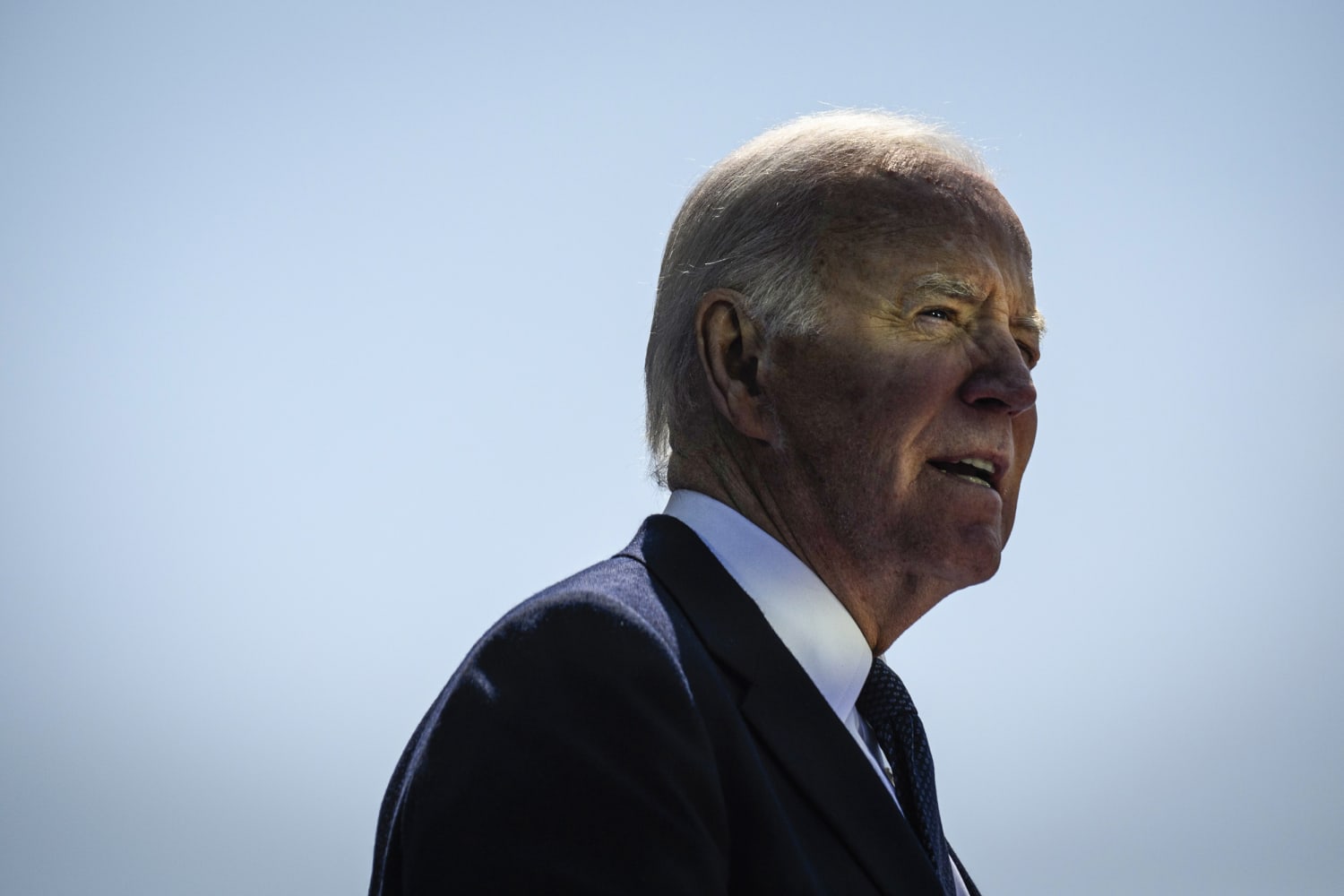Politics
Democratic Party Faces Uncertain Future Following Biden’s Withdrawal

As the Democratic National Convention approaches, the political landscape is shifting dramatically following the announcement that President Joe Biden will withdraw from the race for a second term. This announcement came from his residence in Rehoboth Beach, Delaware, and follows his recent COVID-19 diagnosis.
On July 21, Biden’s decision was made public, coinciding with the commencement of the Republican National Convention (RNC) in Milwaukee, Wisconsin, where former President Donald Trump officially secured the party’s nomination. This pivotal moment has ushered in a wave of speculation regarding Biden’s potential successors.
The 2024 Democratic National Convention is slated to take place from August 19 to August 22 at the United Center in Chicago, marking the first time the city will host the event since 1996. In that year, former President Bill Clinton was nominated for his second term. Additionally, 1968 saw the convention hosted in Chicago amidst intense protests related to the Vietnam War.
Hosting the DNC for the twelfth time, Chicago is set to welcome delegates who will officially nominate the Democratic candidates for the presidential and vice-presidential slots in the upcoming election. Delegates from each state and U.S. territory will cast their votes based on the outcomes of their respective primary elections.
Following Biden’s withdrawal, there have been calls for him to vacate his position amid growing concerns about his health, particularly after a series of public appearances that sparked speculation about his fitness for office. Initial explanations from Biden’s camp regarding these health concerns included explanations of fatigue related to international travel and a cold. This culminated in a recent incident where Biden appeared to stumble over his words publicly, further intensifying the scrutiny.
Despite this turmoil, Biden has publicly asserted that he will not resign, firmly stating that he believes he remains the right person for the job. Nevertheless, discussions about potential successors have heat up, with Vice President Kamala Harris emerging as a leading candidate to carry the Democratic banner in 2024.
Other prominent figures contemplating a bid include Michigan Governor Gretchen Whitmer, California Governor Gavin Newsom, Kentucky Governor Andy Beshear, Pennsylvania Governor Josh Shapiro, as well as Transportation Secretary Pete Buttigieg. Not to be overlooked, some candidates have already suspended their campaigns, with Rep. Dean Phillips from Minnesota stepping out after Super Tuesday.
Biden has since endorsed Harris as the Democratic nominee through a message on the social media platform X. He has announced plans to address the nation later this week to clarify his reasonings and provide further details following his unexpected retreat from the race.
The presidential election is scheduled for November 5, 2024, and the Democratic National Convention serves as a crucial platform for the party to converge and rally around its eventual nominee. The political outcomes of this convention will reverberate through the Democratic Party in the lead-up to the election.
As anticipation builds for the DNC, speculation arises over whether Biden will attend the event at all. Initially expected to be the highlight speaker, outlining his vision for the election, it’s unclear who will fill this prominent role in his absence. Whether he attends to endorse his successor or opts to stay away to avoid overshadowing the proceedings remains an open question.
Major networks are expected to provide extensive coverage of the Democratic National Convention, with both live feeds and in-depth reports on the proceedings. Although specific details regarding speakers and events have not yet been released, it is widely believed that leading party figures, along with Harris, are likely to take the stage.
The DNC promises to be a significant milestone in the American political narrative for 2024, as it will be instrumental in setting the tone for the campaign and rallying the party’s base in these uncertain times. The Democratic leadership is now tasked with navigating a new chapter and ensuring unity within the party, crucial for the upcoming elections.












